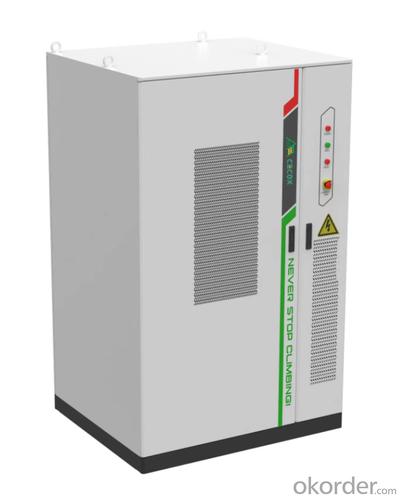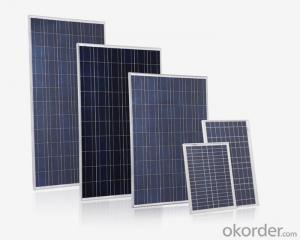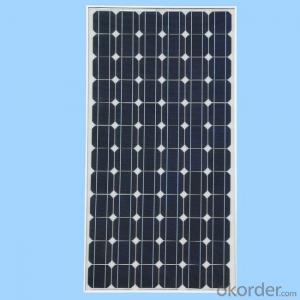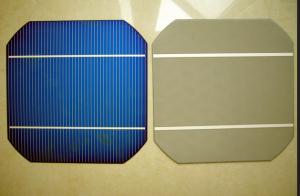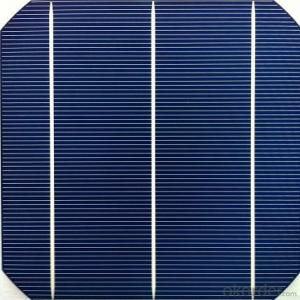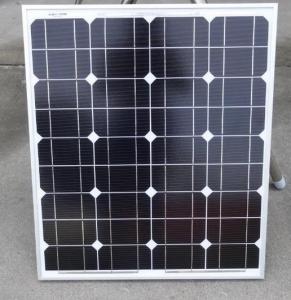See Through Solar Cells 100kw215kwh 672~876v 280ah Efficient and Smart Air-Cooling Cabinet Commercial/Industrial Storage
- Loading Port:
- SHANGHAI
- Payment Terms:
- TT OR LC
- Min Order Qty:
- 5 unit
- Supply Capability:
- 200 unit/month
OKorder Service Pledge
OKorder Financial Service
You Might Also Like
Specification
Product Features
Ultimate Safety
Partition security isolation design
Highly automated CCS integrated design
Electrical multidimensional fusion perception
Three-level relay protection design
Smart and Efficient
Panoramic online monitoring and scheduling
PACK level intelligent thermal management
Cold and hot cycle isolation design, up to 90% overall efficiency
BMS active balancing extends system life by 20%
Digital smart EMS system
Flexible and Convenient
Modular design, standardized interface
Multi-sensor and intelligent control system
Flexible expansion, multiple machines in parallel, 1.7m² single cabinet footprint
Triple level modular PCS, up to 99% maximum efficiency
Embedded air conditioning design
Quick Response
Access to cloud platforms, supporting multi-device access and multi-user sharing
Millisecond response to power dispatch
100% pre-installed integration
Support direct photovoltaic access
Equipped with LVRT, HVRT functions, and various control modes such as PQ, VF, and networking
Commercial & Industrial Battery
Product Parameters
Battery Type :LFP-280Ah
System Configuration:15*1P16S
Rated Charge/Discharge Ratio:≤0.5P
Rated Capacity:215Kwh
DC Rated Voltage:768V
DC Voltage Range:672 ~ 876V
AC Rated Power:100kW
AC Rated Voltage:400V±15%
Rated Grid Frequency:50Hz/60Hz
Cooling Mode:Efficient and Smart Air-Cooling
Size(W*D*H):1435*1215*2320mm&1700*1215*2320mm
Weight:2.5t/2.7t
Relative Humidity Range:5% ~ 95%(Non condensation)IP55
Operating Altitude:≤2000m(>2000m Reduction)
Fire Protection System:Aerosol/Perfluoro
Communication Interfaces:CAN/RS485/Ethernet
PV Direct Access,Seamless Switching of Parallel/Off-network
- Q: How do solar cells impact greenhouse gas emissions?
- Solar cells have a significant positive impact on greenhouse gas emissions as they generate electricity without producing any greenhouse gases. The use of solar energy reduces our reliance on fossil fuels, which are major contributors to greenhouse gas emissions, thereby helping to mitigate climate change.
- Q: Can solar cells be used in ski resorts for snowmaking?
- Yes, solar cells can be used in ski resorts for snowmaking. Solar cells can generate electricity from sunlight, which can then be used to power the snowmaking equipment. This can help reduce the reliance on fossil fuels and contribute to a more sustainable and environmentally friendly snowmaking process.
- Q: How do solar cells generate electricity?
- Solar cells generate electricity through the photovoltaic effect, where the cells convert sunlight directly into electrical energy. The cells are made of semiconducting materials, usually silicon, which absorb photons from the sunlight. These photons excite the electrons in the material, causing them to break free from their atoms and create an electric current. This current is then collected and used to power various devices or stored in batteries for later use.
- Q: What is the impact of tree shading on solar cell performance?
- Tree shading has a significant negative impact on solar cell performance as it reduces the amount of sunlight reaching the cells, thereby reducing the overall energy output. Shading blocks direct sunlight and creates uneven distribution of light, resulting in decreased efficiency and potentially even causing parts of the cells to operate in reverse, leading to further energy loss. It is crucial to plan solar installations carefully, considering tree growth and shading patterns, to maximize solar cell performance.
- Q: Can solar cells be used in telecommunications infrastructure?
- Yes, solar cells can be used in telecommunications infrastructure. They can provide a reliable and sustainable power source for various telecom equipment such as mobile phone towers, repeaters, and base stations. Solar cells are particularly suitable for remote or off-grid areas where access to conventional power sources is limited. Additionally, their installation can reduce operational costs and environmental impact, making them an increasingly popular choice in the telecommunications industry.
- Q: Can solar cells be used for powering amusement parks?
- Yes, solar cells can be used for powering amusement parks. Solar energy can be harnessed through solar panels, which can generate electricity to power various rides, lighting systems, and other infrastructure within the park. It is a sustainable and environmentally friendly alternative to traditional energy sources, reducing the carbon footprint and operating costs of the amusement park.
- Q: Can solar cells be used for powering remote medical clinics?
- Yes, solar cells can be used for powering remote medical clinics. Solar energy is a reliable and sustainable source of power, particularly in areas where access to the electricity grid is limited. By installing solar panels, remote medical clinics can generate their own electricity, ensuring a continuous power supply for essential medical equipment, lighting, refrigeration, and other critical healthcare needs. This enables the provision of quality healthcare services in remote areas without relying on traditional energy sources.
- Q: Can solar cells be used in underwater vehicles or submarines?
- Yes, solar cells can be used in underwater vehicles or submarines. However, due to the limited availability of sunlight underwater, the efficiency of solar cells in generating power is significantly reduced. Therefore, solar cells are often used as a supplementary power source in combination with other power systems such as batteries or fuel cells in underwater vehicles or submarines.
- Q: What is the role of solar cells in powering off-grid cabins?
- The role of solar cells in powering off-grid cabins is to convert sunlight into electricity, providing a clean and sustainable source of power. Solar cells, also known as photovoltaic cells, capture photons from the sun and generate direct current (DC) electricity. This electricity can then be stored in batteries for use during periods of low sunlight or used directly to power various appliances and systems in the cabin. Solar cells allow off-grid cabins to operate independently from the traditional power grid, reducing reliance on fossil fuels and minimizing environmental impact.
- Q: Is the solar cells factory in China good and trustworthy?
- 5 years ago, I vistied a solar cell factory based in Inner Mongolia, and I was quite impressed by their professionalism, which gave me more confidence that they are better than we thought.
Send your message to us
See Through Solar Cells 100kw215kwh 672~876v 280ah Efficient and Smart Air-Cooling Cabinet Commercial/Industrial Storage
- Loading Port:
- SHANGHAI
- Payment Terms:
- TT OR LC
- Min Order Qty:
- 5 unit
- Supply Capability:
- 200 unit/month
OKorder Service Pledge
OKorder Financial Service
Similar products
Hot products
Hot Searches
Related keywords


